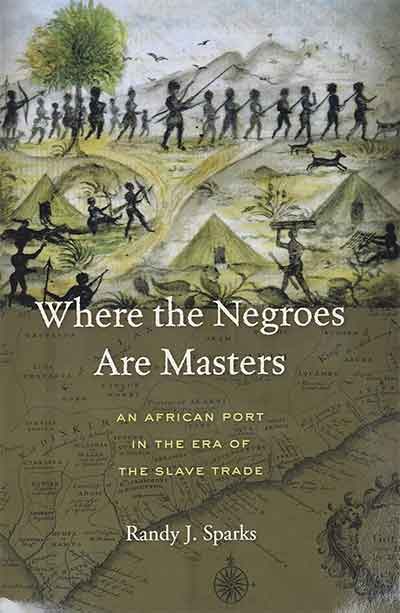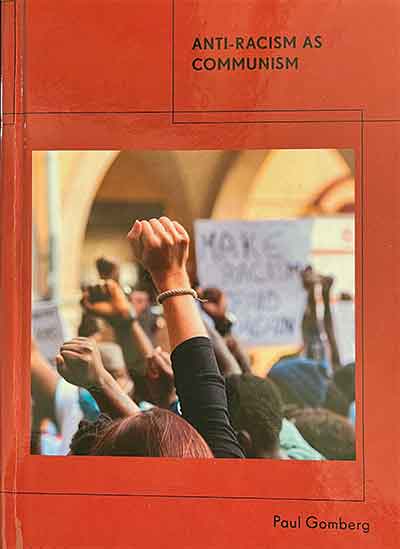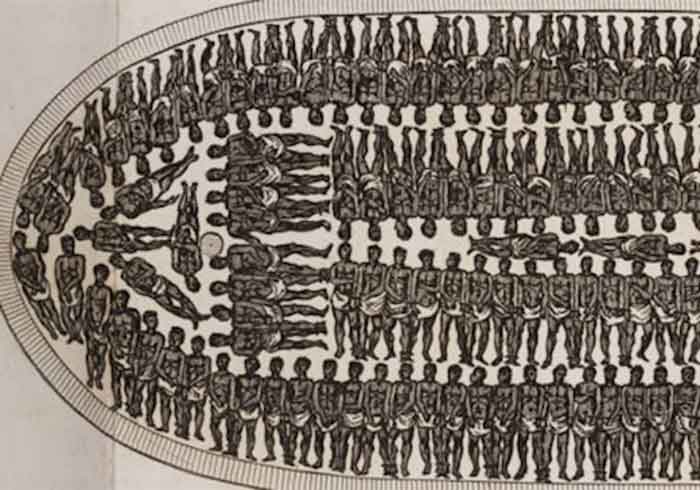
Americans’ trust in the Black Lives Matter movement has fallen and their faith in local law enforcement has risen since protests demanding social justice swept the nation last year, finds an exclusive USA TODAY/Ipsos Poll.
On many issues, the survey finds a chasm in the perspective between Black people and white people.
A report by USA Today said:
Last June, 60% in a USA TODAY/Ipsos Poll described Floyd’s death as murder; that percentage has now dropped by double digits to 36%. Uncertainty has grown about how to characterize the incident, caught on video, when police officer Chauvin held his knee on Floyd’s neck and ignored his protests that he could not breathe. Last year, 4% said they did not know how to describe it; that number has climbed to 17%.
“There were eight minutes that the officer could have made a different decision, and he willfully held a man,” said Valda Pugh, a 67-year-old retiree from Louisville who is Black. She was among those surveyed. “It was a murder. It was willful – maybe not premeditated. Nonetheless, the young man died.”
Kevin Hayworth, 66, of Garner, Iowa, who is white, disagreed. “I think it was a police officer doing his job,” he said in a follow-up phone interview. “It was just a tragedy, but I think he was within the limits of his duty of jurisdiction.”
Nearly two-thirds of Black Americans, 64%, view Floyd’s death as murder; fewer than one-third of white people, 28%, feel that way. White Americans are more likely to describe it instead as the police officer’s “negligence,” 33% compared with 16% of Black respondents.
That said, Americans who have heard at least something about Chauvin’s trial say 4 to 1, or 60%-15%, that they hope Chauvin is convicted. That included 54% of white Americans and 76% of Black Americans.
The online poll of 1,165 adults, taken Monday and Tuesday, has a credibility interval of plus or minus 3.3 percentage points.
Last June, amid accusations of systemic racism in law enforcement, 60% of Americans expressed trust in the Black Lives Matter movement to promote justice and equal treatment of people, compared with 56% who trusted local police to do that.
Now, attitudes have shifted significantly. Trust in Black Lives Matter has fallen to 50%; trust in local police and law enforcement has risen to 69%.
Black Americans and white Americans now express very different views: 75% of Black people but just 42% of white people express trust in Black Lives Matter, while 77% of white people but just 42% of Black people trust local police.
But viewpoints in both demographic groups have moved in the same direction compared with the June 2020 survey. Among Black respondents, trust in Black Lives Matter has fallen by 12 points and trust in local police has risen by 14 points. Among white respondents, trust in Black Lives Matter has fallen by 8 points and trust in local police has risen by 12 points.
There also has been a notable change in views about the right balance between protecting protests and maintaining law and order.
“It’s a slippery slope,” said Steve Laskowitz, a retiree from Boca Raton, Florida, who is white. He turns 73 on Friday. “Generally speaking, people should be allowed to protest. People should be allowed to demonstrate. They shouldn’t be allowed to attack others, attack buildings, trespass, shouting at somebody from the street.”
Last June, in the wake of peaceful protests for social justice that were disrupted outside the White House, Americans were split between whether it was more important to ensure law and order (45%) or to protect the right to protest (44%).
Now, in the wake of the Jan. 6 assault on the Capitol by Trump supporters, the scales have tipped toward law enforcement. By double digits, 49%-31%, those surveyed say it is more important to ensure law and order.
The racial gap on the issue is yawning. White people by 24 points say law and order is more important to ensure. Black people by 16 points say the right to protest is more important.
“Unless we have acute crises bringing racial injustice to the forefront, like the killing of George Floyd, our collective default is ‘law and order,’” said Cliff Young, president of Ipsos. “Yet this is also the tale of two nations; the memory of last year’s events have not receded for Black Americans. Such inequalities are always there and thus top of mind.”
“I want to be able to walk in my neighborhood without looking suspicious,” said Pugh, the retiree from Louisville. “I live in an upscale neighborhood. My neighbors know me. But if I get on the wrong street, yeah, that would be a problem. And that’s bad.”
The focus on a racial reckoning over the past year has prompted millions of Americans to reconsider their views on racial injustice. In the poll, 33% of white Americans and 43% of Black Americans say their thinking on the issue has changed.
“I’ve had more of an opportunity to actually feel what a whole group of people, Black people, go through,” said Mary DeLucco, 64, a business owner in Portland who is white. “I have a more educated understanding of that, having gone through all of this, listening to it, learning about it.”
But the percentage of those who say race relations have worsened in the U.S. over the past year is nearly four times the number who say they have improved, 40% versus 13%. Among Black respondents, the gap is even wider; 54% say race relations have worsened; just 10% believe they have improved.
Some of those surveyed say the process of addressing racial issues has only begun.
“I definitely think it’s brought up a lot more conversations in terms of race relations and what needs to improve,” said Aveni Patel, 21, a college student from Boston who is Asian American. “I think it’s getting better, but we’re not there yet.”
“It’s not that it’s getting worse; it’s being more realized,” said Robert Davis, 69, a retired computer operator from Tacoma, Wash., who is Black. “Now they’re just seeing what just was really out there, and it’s just coming out – just seeing how deep, how deep this thing is.”
GET COUNTERCURRENTS DAILY NEWSLETTER STRAIGHT TO YOUR INBOX

















































